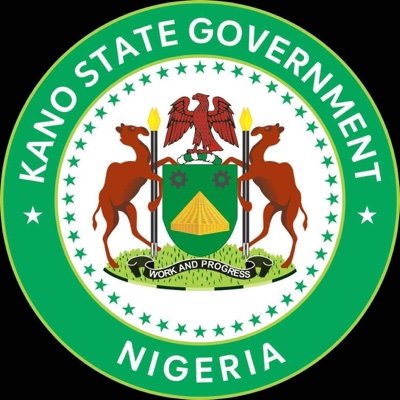The Kano State Pension Fund Trustees has cleared ₦21 billion out of the ₦48.6 billion in pension liabilities inherited from previous administrations, according to its Executive Chairman, Alhaji Habu Fagge.
Speaking at a press briefing in Kano, Fagge described the situation of the pension board at the time of Governor Abba Yusuf’s assumption of office as “deeply troubling.” He cited irregularities and unexplained deductions from pensioners’ entitlements under the former administration.
“Some pensioners who earned as little as ₦6,000 monthly had ₦3,000 arbitrarily deducted without explanation. There was no clear formula behind these deductions,” he said.
Legacy Debts and Reforms
Fagge revealed that aside from the ₦48.6 billion in pension arrears, the board was also burdened with ₦75 billion in remittances owed by local governments and MDAs.
Despite these liabilities, the current administration has already cleared ₦16 billion, with an additional ₦5 billion set for disbursement in the near term. He credited this progress to Governor Yusuf’s approval of direct deductions at source for pension remittances — a move that restored full monthly pension payments for retirees.

“Although the debts were inherited, the governor has shown empathy and responsibility, ensuring regular payments to our pensioners,” Fagge said.
Housing Projects and Legal Disputes
The chairman also addressed the board’s involvement in controversial housing developments in Bandirawo, Kwankwasiyya, and Amana. Under the past government, the pension fund was used to finance property investments, which later became the subject of litigation.
Following a court ruling and negotiations, the board received 324 housing units as part of a settlement. However, the properties were in dilapidated condition, prompting the board to repurchase them at a negotiated rate of ₦4.5 billion, with full approval from the state government and oversight agencies.
Missing Records, Accountability Challenges
Fagge acknowledged that investigating past illegal deductions has been difficult due to missing documentation, which complicates legal redress.
“Without concrete records, pursuing litigation would be futile and distract from our core duty—serving the pensioners,” he said.
Growing Retirement Pressure
The board is currently managing a surge in retirees. In December alone, over 4,100 new pensioners were enrolled due to mass retirements, with weekly interviews for 200–300 retirees still ongoing.
Despite these pressures, the chairman expressed confidence that planned salary increases and mass recruitment initiatives would eventually boost the pension fund’s sustainability.
Strategic Plans and Pensioner Welfare
With over ₦4 billion currently saved, the board has proposed allocating:
₦3 billion for the acquisition of new properties
₦1.5 billion to support pensioner welfare programs
Fagge also described the pension office as a “hospital of last resort,” where desperate retirees often seek help for basic needs, including medical bills and rent.
“Our concern is the people’s concern. We are committed to ensuring that no pensioner is left behind. By God’s grace, we are seeing light at the end of the tunnel,” he concluded.




